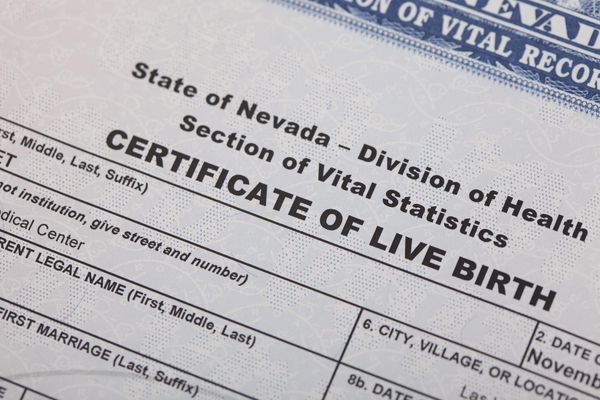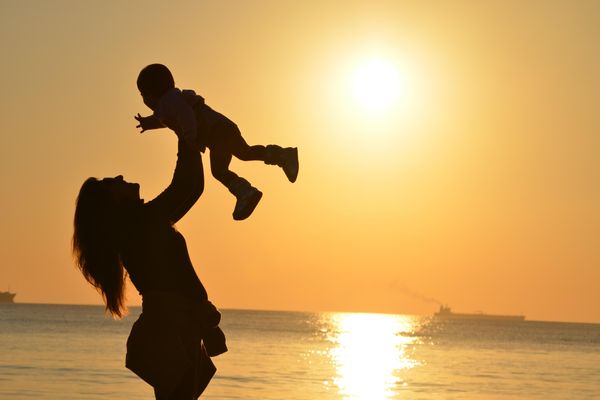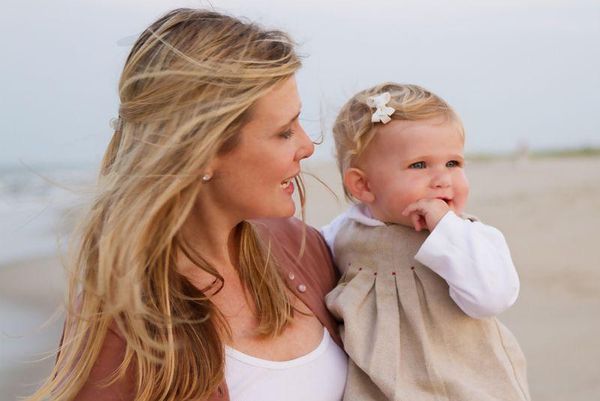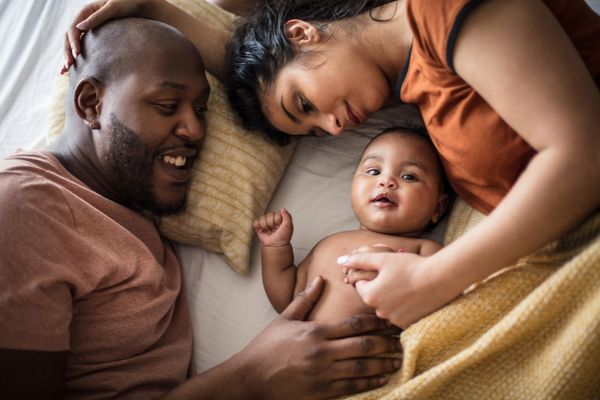It's likely been something that has been on your mind since the moment you considered adopting your son or daughter: how and when to talk about the adoption. This will ultimately be a very personal decision between you and your partner. Knowing what kids are capable of understanding at different ages may help you plan out how you want to broach the topic.
In general, there are two schools of thought on when a child should be told they were adopted. Some professionals believe that kids should be informed at a very young age to give them time to get used to the fact and avoid any shock later on. Others think that waiting until the child is old enough to understand the concept of adoption is best, because telling a child who is too young may lead to confusion. Experts do agree, however, that the news should come from the adoptive parents.
The following is a general timeline of the cognitive, emotional and social abilities of children of different ages, as well as their potential to be aware of their adoption.
Infants experience a barrage of new sensory stimuli each day, making touch, sight, sound, taste and smell the focus of their existence. They also begin to trust their caregivers, show their temperament and form bonds with their parents or guardians. Of course, babies are not able to understand the relatively complex concept of adoption, but some experts believe that using the word "adoption" around them is helpful.
In general, 1- to 5-year-olds are still getting used to the world that surrounds them. While they are able to talk and understand speech, they may not be able to fully grasp that they have birth parents and adoptive parents.
After age 6, a child's thoughts, feelings and cognitive abilities begin to develop and become more complex. Kids aged 6 to 12 are able to use logic, experience strong emotions and feel a sense of independence. Children this age may feel a sense of loss for their birth parents or feel different from their peers.
Older teenagers are likely to fully understand their adoption and potentially experience discomfort or negative feelings. This age is an emotional time for all kids, not just those who were adopted. Your child may express a need to meet his or her birth parents or attempt to seek them out.
If symptoms of depression begin to appear—such as loss of interest in favorite activities, persistent fatigue or feelings of hopelessness—you may want to consider seeking help from a health care provider.
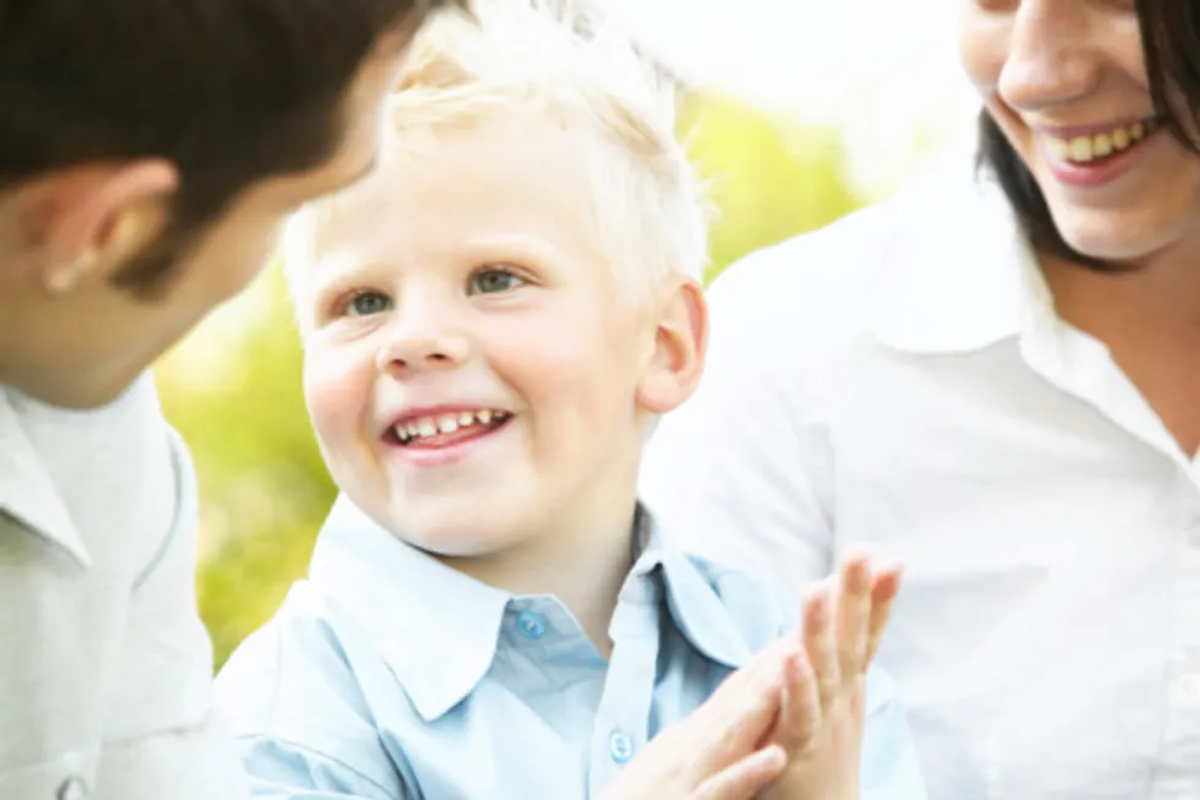
Broaching the Subject: Your Child's Understanding of Adoption
It's likely been something that has been on your mind since the moment you considered adopting your son or daughter: how and when to talk about the adoption.
Jul 05, 2012
Family & Caregiving

